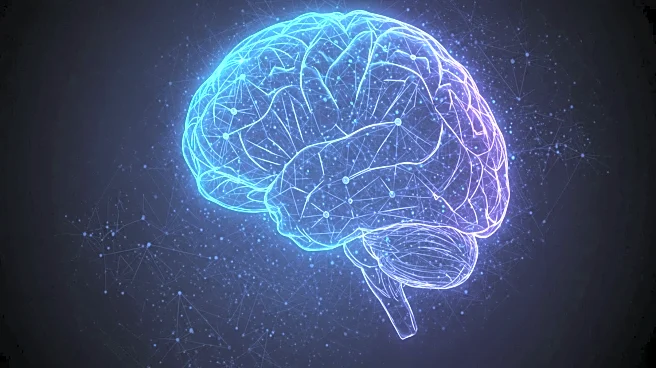What's Happening?
A new study published in Nature Neuroscience has challenged the long-standing belief that the brain reorganizes its body map following limb amputation. Researchers from the University of Cambridge and the University of Pittsburgh found that the primary somatosensory cortex, responsible for processing body sensations, remains stable even years after an arm is amputated. This contradicts previous theories suggesting that neurons would expand into neighboring areas to compensate for the loss.
Why It's Important?
The findings have significant implications for neuroscience, particularly in understanding phantom limb pain and developing better prosthetic devices. By demonstrating that the brain's body map remains unchanged, the study suggests new approaches to treating phantom limb sensations and improving sensory restoration in amputees. This could lead to advancements in prosthetics and therapies, enhancing the quality of life for individuals with limb loss.
What's Next?
Researchers may focus on developing prosthetic devices that better integrate with the brain's stable body map, potentially improving functionality and comfort for users. Further studies could explore how these findings apply to other types of sensory loss and inform rehabilitation strategies. The research community may also investigate the broader implications for neuroplasticity and brain adaptation.











